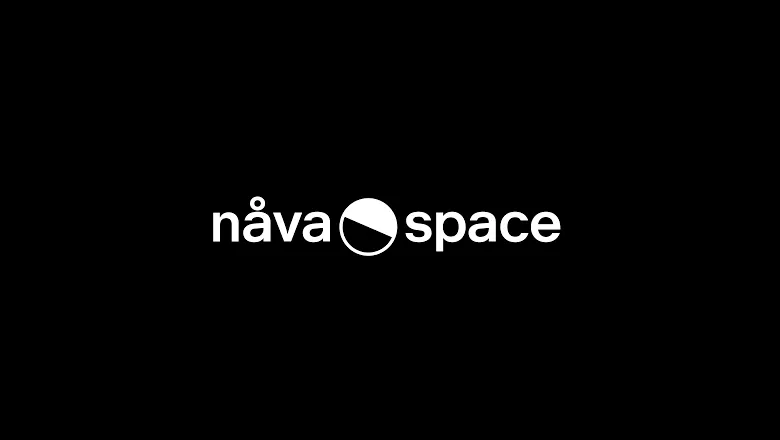Innovate, Inspire, Explore
Our vision
Our vision is to be the European leader for human research and technology development that impacts the system requirements, design, certification, training and operation of spacesuits, vehicles, robotics, and habitats for off-world living and exploration.
About us
The Spacesuit Physiology Laboratory (SPL) is a new consortium that brings together existing international and interdisciplinary groups led by King's College London's (KCL) Centre for Human and Applied Physiological Sciences and Centre for Robotics Research. It presents the opportunity for interdisciplinary research and innovation that will benefit life on Earth as well as potential for humans to thrive in space.
We aim to leverage our collective resources and previous experience to enable human and robotic exploration of space, from Low Earth Orbit (LEO) to the Moon and then on to Mars. For spacesuits, this includes intravehicular (IVA) and extravehicular activity (EVA) suits, from training or analogue settings to operational spaceflight, and for EVA suits both in microgravity and surface.
The SPL unites KCL researchers across disciplines, Faculties and Schools with global industry, commercial, and academic partners who share the vision. The SPL brings together KCL’s world-class expertise in aerospace physiology and medicine, biomechanics, engineering, artificial intelligence, Digital Twins, and robotics, along with systems and aerospace engineering, smart materials, design, and much more from Cranfield University, the Royal College of Art, University College London, UC Davis, and Texas A&M University.
We are committed to conducting cutting-edge, interdisciplinary, operationally relevant research across four themes:
- Health and performance
- Pressure and atmosphere environments
- Movement in space (suited and unsuited)
- Human systems integration and interactions (including human-robot co-working).
Beyond its space exploration goals, the SPL supports terrestrial priorities from climate change and healthy ageing to national security. At our core is also a belief in the importance of diversity, accessibility and inclusivity in our group culture and in design through to operations. (Space 4 All Community)
The SPL supports dual-use applications to maximise research value, such as research into acute altitude exposure and the development of life-support systems. These efforts have direct implications for enhancing safety and performance in military aviation, high-altitude parachuting, and commercial aerospace operations. On the non-military side, for example, our thermal physiology and personal coolling system work has great relevance to combating the morbidity and mortality impacts of climate change associated heat waves.






